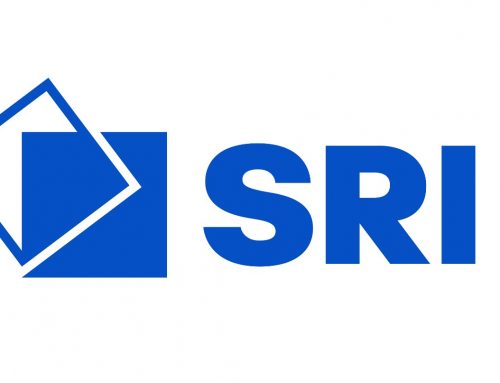We recently joined a full house of attendees at CrownBio’s annual conference: Oncology Drug Discovery: Novel Perspectives and the Immuno-Oncology Generation. Leaders in the fields of oncology, inflammation, cardiovascular and metabolic disease research all met at the Babraham Research Campus in Cambridge, UK.The symposium centred on the most recent developments in cancer treatments, including the latest insights from immuno-oncology, and there were discussions around how preclinical models can support clinical decisions and maximise the value of novel anticancer drugs.Some of the key takeaways from the event were:
- In the fight against cancer, the immune-oncology field is moving to combination therapy. That is, taking existing strong products like PD-1 or PD-L1 antibodies and adding synergistic molecules.
- iOnctura presented work on a unique next generation inhibitor against the critical B-cell signalling molecule PI3Kδ and IO Biotech is working on therapeutic vaccination with long peptide epitopes to activate anti-Tregs.
- Crescendo Biologics takes the fully human VH domain as the template to build small protein therapeutics that can be used as a mono format or assembled into multi-functional formats.
- Bicycle Therapeutics is pioneering the use of bicyclic peptides.
- Companies such as AstraZeneca, Crown Biosciences and Molecular Partner emphasized the need for proper tumour animal models to investigate and predict in vivo efficacy.
- Hubrecht Organoid Technology (HUB) went even further and proposed to use patients’ own cells to grow organoids in the lab to be able to tailor the drug regiment to each individual patient.
A major focus of existing immune-oncology is boosting the effectiveness of existing products by combining with new molecules. This is probably to be expected given the historical emphasis of the pharmaceutical industry to focus on improvements to existing, approved drug classes, using a traditional discovery model. However, the costs of developing new molecules in this way is high and success rates are low.
It was exciting to hear from biotechs such as IO Biotech, as they develop novel therapeutic vaccinations using peptides. This innovative approach surely needs to be strongly encouraged and supported by big pharma to see true breakthroughs in this area. Nucleic acid therapy and therapeutic vaccination look to be the next step in immuno-oncology, assuming issues of effective delivery can be overcome: something which we are of course working on with Nuvec®.
In summary, the future of immune-oncology drugs looks more promising than ever and a considerable number of innovative candidates are in the clinical pipeline, hopefully leading to new and effective drugs in the battle against cancer.
If you’re interested in hearing more about how N4 Pharma is contributing towards the progression of immune-oncology, contact us.






